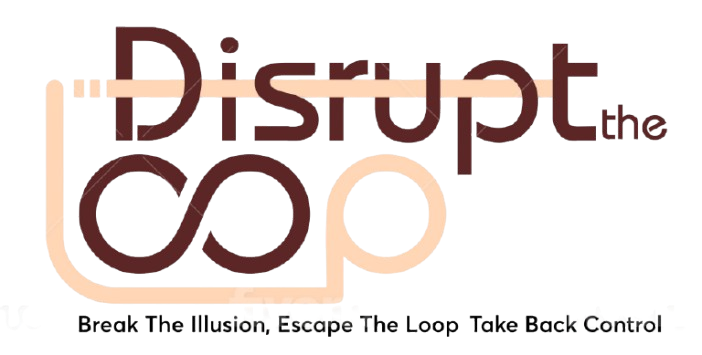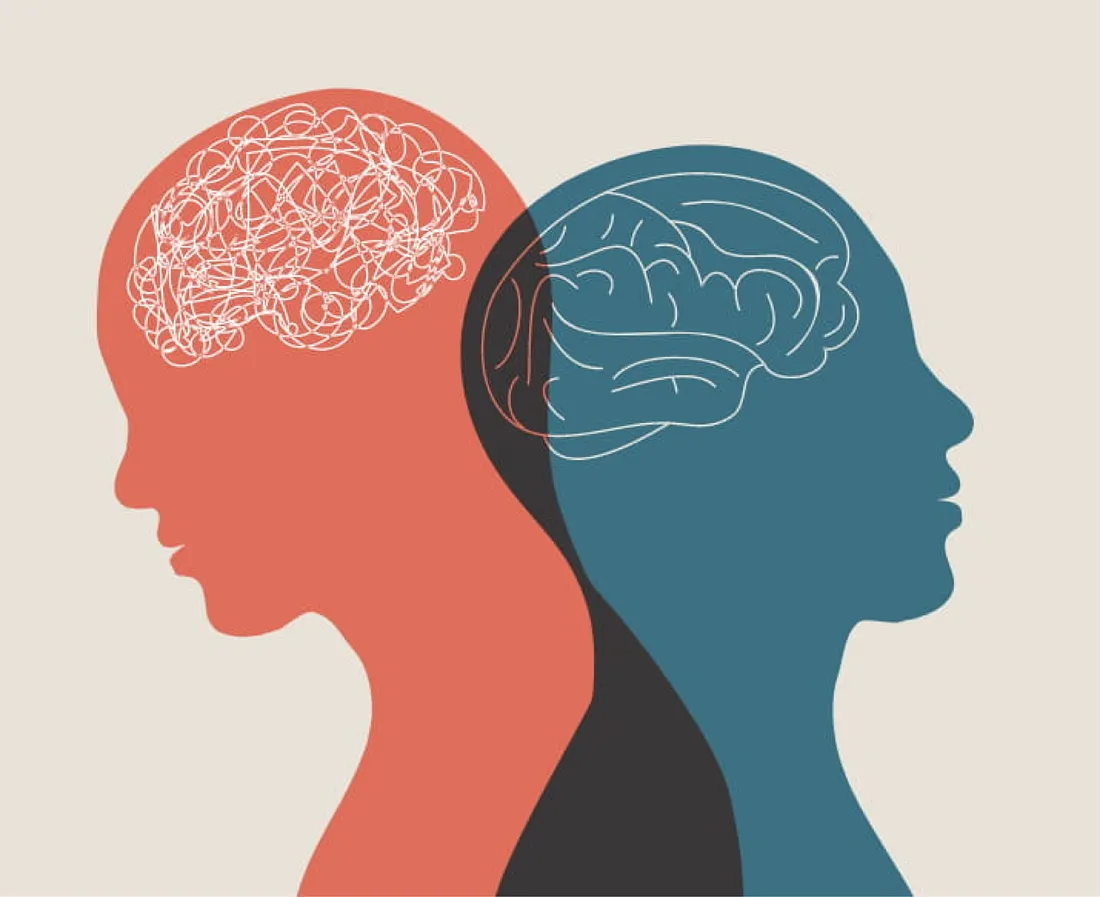Have you ever noticed yourself stirring up drama when everything was finally going well? Do you put off important tasks until the last minute—even when you know better? Maybe you’ve experienced success, only to sabotage yourself without understanding why.
If this sounds familiar, you’re not alone. And more importantly, you’re not broken.
What you’re experiencing may be chaos addiction—a hidden psychological pattern where your brain craves stress and instability. Understanding this cycle can help you break free and build a life where success feels safe.
The Brain Science Behind Chaos Addiction
Your brain is wired for survival, not happiness. One of its key players is the amygdala, your built-in alarm system that constantly scans for threats. Back in prehistoric times, this system kept humans alive by detecting danger—like a lurking predator.
But here’s the problem: the amygdala doesn’t just react to threats; it learns from experience.
As neuroscientist Dr. Joseph LeDoux explains:
“Most systems of the brain are plastic, that is, modifiable by experience.”
If you grow up in a high-stress environment or frequently experience chaos, your brain adapts to expect it. Studies show that people caught in chronic stress cycles have a 19% increase in the size of their amygdala—meaning their brains become wired to seek stress, even when it’s unnecessary.
The Dopamine Trap: Why Chaos Feels Rewarding
Here’s where it gets tricky: Every time you solve a crisis—whether it’s a last-minute assignment, a dramatic argument, or a financial emergency—your brain releases dopamine, the feel-good chemical.
And get this: solving a crisis gives you a 68% bigger dopamine hit than preventing problems in the first place.
This creates a loop:
- You (consciously or unconsciously) create or find chaos.
- You feel stressed.
- You solve the chaos.
- Your brain rewards you with dopamine.
- You crave that feeling again—so the cycle repeats.
If you’ve ever wondered why you procrastinate or why life feels “too quiet” when things are going well, this is why.
Why Success Feels Uncomfortable
Have you ever had something amazing happen, only to immediately think, Something bad is bound to follow?
This isn’t just paranoia—it’s a deeply ingrained survival mechanism.
Many cultures and belief systems teach that success attracts negative consequences. In Jewish mysticism, this is called Ein Hara (the “Evil Eye”)—the belief that too much success invites bad luck.
Even if you don’t consciously believe this, your body might. Some people physically release stress hormones when they succeed, making achievement feel dangerous.
Hustle Culture: How Society Reinforces Chaos Addiction
Social media doesn’t help. Everywhere you look, stress and overwork are glorified:
🚀 “No sleep gang! Grinding 24/7.”
🔥 “If you’re not stressed, you’re not working hard enough.”
💪 “Success = suffering.”
As I’ve found in my research:
“Personality is shaped by internal learnings, which are influenced by external cultural values.”
We absorb these messages, convincing ourselves that struggle is necessary for success.
Are You Addicted to Chaos? Take This Quiz
Rate each statement from 0 (not me at all) to 3 (totally me):
🔹 I feel uneasy when things are going too well.
🔹 I procrastinate until the last minute, even when I don’t have to.
🔹 I sometimes create drama or problems when life is calm.
🔹 I worry that success might lead to something bad happening.
🔹 I feel more alive during stressful situations than peaceful ones.
Your Score:
✅ 0-3: Low chaos dependency
⚠️ 4-7: Medium chaos dependency
🚨 8-11: High chaos dependency
🔥 12-15: Very high chaos dependency
If you scored high, don’t panic—awareness is the first step to breaking the cycle.
How to Break Free from Chaos Addiction
1. The 3-4-5 Breath Reset (Rewire Your Brain in 30 Seconds)
Right after handling a crisis (like submitting a last-minute project), try this:
- Breathe in for 3 seconds
- Hold for 4 seconds
- Breathe out for 5 seconds
- Repeat 5 times
This helps interrupt the dopamine-reward cycle and trains your brain to feel safe in calmness.
2. The 5% Rule (Stop Waiting for the Last Minute)
Instead of relying on the adrenaline rush of last-minute work, start with just 5% of the task.
- Write the first sentence of your paper.
- Do one math problem.
- Open the project and set a timer for 2 minutes.
Once you start, momentum builds. This conditions your brain to associate progress with dopamine, not just chaos.
3. Change Your Self-Talk (Reprogram Your Mind)
Your words shape your reality. Try these swaps:
❌ “I work best under pressure.”
✅ “I work best when focused.”
❌ “This is too good to last.”
✅ “Good things can continue.”
❌ “Success is stressful.”
✅ “Success is sustainable.”
4. Success Tolerance Training (Make Peace with Peace)
Just like you build tolerance for exercise, you can build tolerance for success:
- When something good happens, resist the urge to downplay it.
- Allow yourself to enjoy peace without seeking stress.
- Start small and gradually accept bigger successes.
Your nervous system needs to adjust to calm as the new normal.
You’re Not Broken—You’re Adapting
If chaos addiction has been part of your life, remember:
💡 Your brain developed these patterns to protect you. At some point, chaos helped you cope.
💡 You can rewire your brain. Just like stress shaped your brain, calm can reshape it.
💡 You don’t need chaos to feel alive. Success and peace can become your new normal.
As my research on personality development states:
“We have a static personality—our genetic responses—but also a dynamic personality that evolves through experience and cultural exposure.”
That means you can change.
The journey from chaos to calm isn’t instant, but it’s worth it. When you understand your brain’s patterns, you can finally break free—and build a life where success feels as good as it should.
Next Steps: Ready to Break the Chaos Cycle?
If you resonated with this, here’s what to do next:
📌 Try the 3-4-5 Breath Reset today.
📌 Start the 5% Rule with one task this week.
📌 Save this article and come back to it whenever you need a reminder.
You don’t have to live in chaos forever. The first step to freedom starts now.
Joshua Garfunkel is a researcher specializing in personality development and chaos patterns in adolescents. He combines neuroscience, psychology, and cultural analysis to help teens understand and rewire their stress responses.

